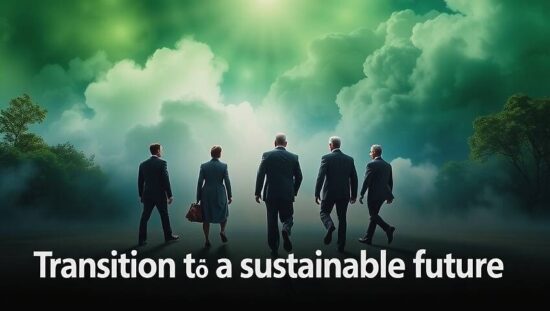The climate-damaging subsidies of the G7 industrial nations group are increasingly out of reach.
According to a short study for the environmental organization Greenpeace, published in the “Süddeutsche Zeitung” on Monday, direct and indirect support for fossil energy increased by 15% between 2016 and 2023, reaching a total of $1.36 billion in the last year. Germany alone saw a 49% increase, although this includes aid in the wake of the energy crisis, which expired in 2024.
The G7 had pledged in 2016 to phase out “inefficient” fossil subsidies by 2025. This goal, which the seven industrial nations, including the US, Japan, Canada, France, the UK, Italy and Germany, had reaffirmed several times, including most recently in Italy last year, has not been met. The only country where subsidies decreased is Canada, according to the study, prepared by the Forum of Ecological-Social Market Economy.
Greenpeace is now calling on Berlin to change course. “Germany can no longer afford to squander tax millions on subsidizing company cars and flights” demands energy expert Sophia van Vügt. “We need these funds now to modernize the country in a socially just manner for all.





